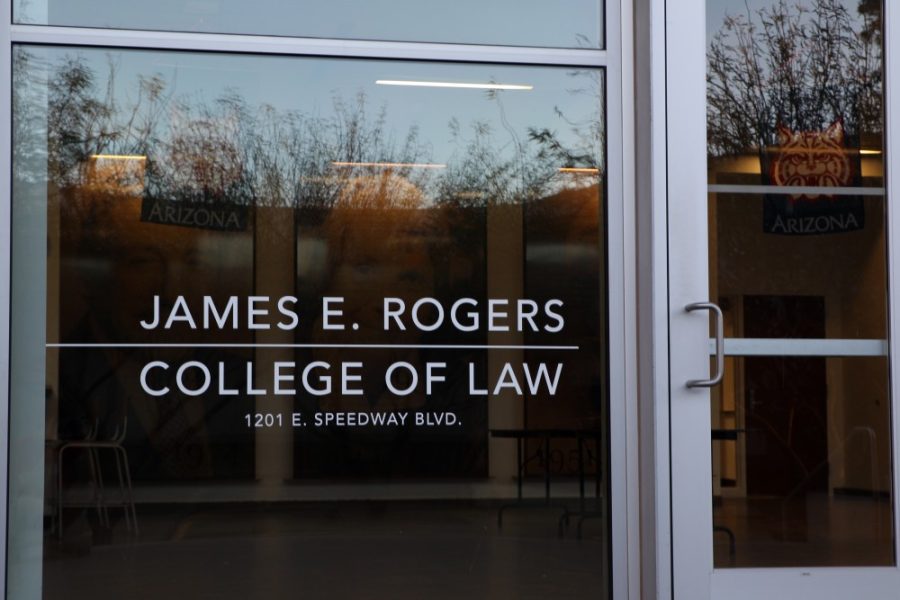The UA’s Immigration Law Clinic is not only a resource for the community, but also serves as an academic resource for students who hope to one day practice law.
The clinic was created in 1995 by co-director Lynn Marcus and provides free legal counsel and representation to refugees and immigrants who might not otherwise have access to or be able to afford it.
The Immigration Law Clinic also provides a unique opportunity to James E. Rogers College of Law students. Law students sign up for the chance to work at the clinic for credit every semester. While there is a classroom component, students spend the majority of time working on a case with a student partner.
Law students also have the opportunities to prepare for immigration court and the chances to argue, call witnesses and perform direct examinations. This hands-on experience offers students a glimpse into the real world of practicing immigration law.
“It’s really exciting work,” Marcus said. “Students love the intakes especially because they really get to help somebody. They get to engage with the law in a very meaningful and complex way.”
A semester at the clinic consists of an intense few months that require a lot of dedication. Each student meets with either Marcus or the other co-director of the clinic, Nina Rabin, once a week to go over the case’s progress. Additionally, students often need to call expert witnesses, do fact evaluations and spend hours interviewing clients and witnesses.
Marcus and Rabin work with local agencies and courts to find the right clients. The clinic also offers the chance for people to seek legal advice, although they cannot take everyone. Marcus said sometimes those people become the clinic’s main clients.
Clients whom the clinic sees range from immigrants seeking asylum or hoping to gain citizenship, to victims of human trafficking and sexual assault.
“It’s just very powerful work and I think it’s a pretty unique opportunity to help people who so desperately need the help we provide,” Rabin said.
Mario Gonzalez is a law student who worked at the clinic in fall 2015. He originally entered law school intending to go into criminal law, but working at the clinic changed his path.
“When I joined the clinic, mainly because I had heard good things about it, my view on immigration law changed,” Gonzalez wrote. “I really liked the work I was able to put in, but seeing how you are helping people who are good people that have already suffered a lot is a joy that a lot of other areas of law don’t get you.”
Gonzalez said he is now looking to work as a public defender with a focus on immigrants.
“This was a very rewarding experience and I learned a lot more than I would in any class,” he wrote.
The Immigration Law Clinic not only benefits the community and the students. Students can aid the clinic as well. Rabin said, as a co-director and as a professor, she learns just as much from her students as they learn from her.
“Our clients are such amazing people and have such powerful stories to share, and it’s really exciting to get to share that with the students and then … be teaching them these valuable skills that they can carry with them in their future practice,” Rabin said. “I learn a lot from the students too. They all bring their own approach and background and insight into the work.”
While students also have two 90-minute classes each week on top of their work at the clinic, the majority of the learning takes place outside of the classroom. Marcus said most of the classroom discussion relates to the cases at hand.
Working at the Immigration Law Clinic is not a typical class experience, but it equips students with the tools they need to hopefully one day practice law professionally.
“It’s usually very different problems, different personalities, different complexities, so it’s a lot of work because you don’t just turn in some papers and take a test, not that that’s easy,” Marcus said. “You learn a lot about the complex dynamics of interviewing and counseling, how to deal with traumatized people and, most of all, they get to do something in law school that really makes a difference in someone’s life.”
Follow Leah Merrall on Twitter









